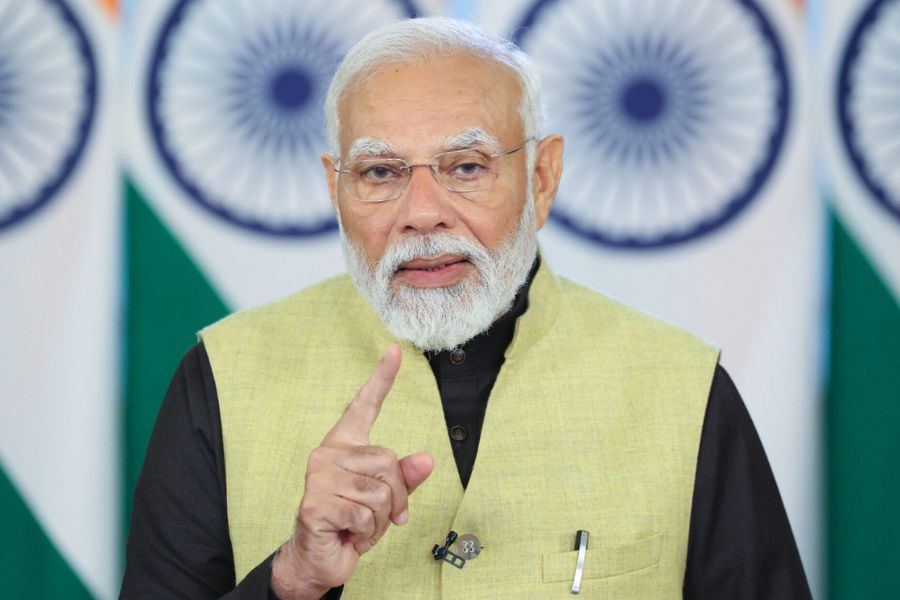Dissent lies at the heart of the democratic project. A principal — political — manifestation of the difference in opinion is the Opposition, which, ideally, is meant to function as a bulwark against the dominance of and excesses by an elected government. Nagaland, however, has come up with an alternative model: an Opposition-mukt legislature. This has come to pass with the People’s Democratic Alliance, the coalition comprises the Bharatiya Janata Party and independent legislators, deciding to join hands with the Naga People’s Front, formerly the chief Opposition force, to carve out the Nagaland United Government. Incidentally, this is the second time that the Opposition has gone extinct in the state: in 2015, Congress legislators had joined hands with the NPF, the then party in power. The agenda for ‘unity’, on this occasion, has been spelt out by the foes-turned-friends: a resolution to the Naga peace talks. The intent may be pious but the intervention is radical. This is because the health of a democracy is inevitably impaired when dispensations are allowed to rise above accountability. Nagaland needs a robust Opposition to voice people’s concerns given the unprecedented challenges of the time: a health emergency, hurdles on the path of development and economic prosperity and, as always, the lingering shadow of militancy. The absence of an Opposition undermines the sanctity of the legislature and, in turn, the model of democracy. There is legitimate concern that a polity that is willing to speak in one voice may not be entirely representative. There are also whispers of the NUG being reduced to an instrumental arm of the Centre. That cannot be a good advertisement for federalism.
It remains to be seen how effective a force the NUG can be as a stakeholder in the floundering talks between the Centre and the National Socialist Council of Nagaland since states, by convention and law, have a nominal role when it comes to negotiations pertaining to sovereignty. The curious development of political consensus in Nagaland should not deflect attention from the sorry state of affairs as far as the peace deliberations are concerned. Formidable challenges have bedevilled the exchanges, with the NSCN expressing its refusal to accept the governor as the Centre’s interlocutor; it also remains inflexible on the issues of a separate flag and Constitution. The Narendra Modi government’s announcement of a Framework Agreement six years ago was hasty. Optics, at the Central level or in the state, is unlikely to enchant the people for long.











